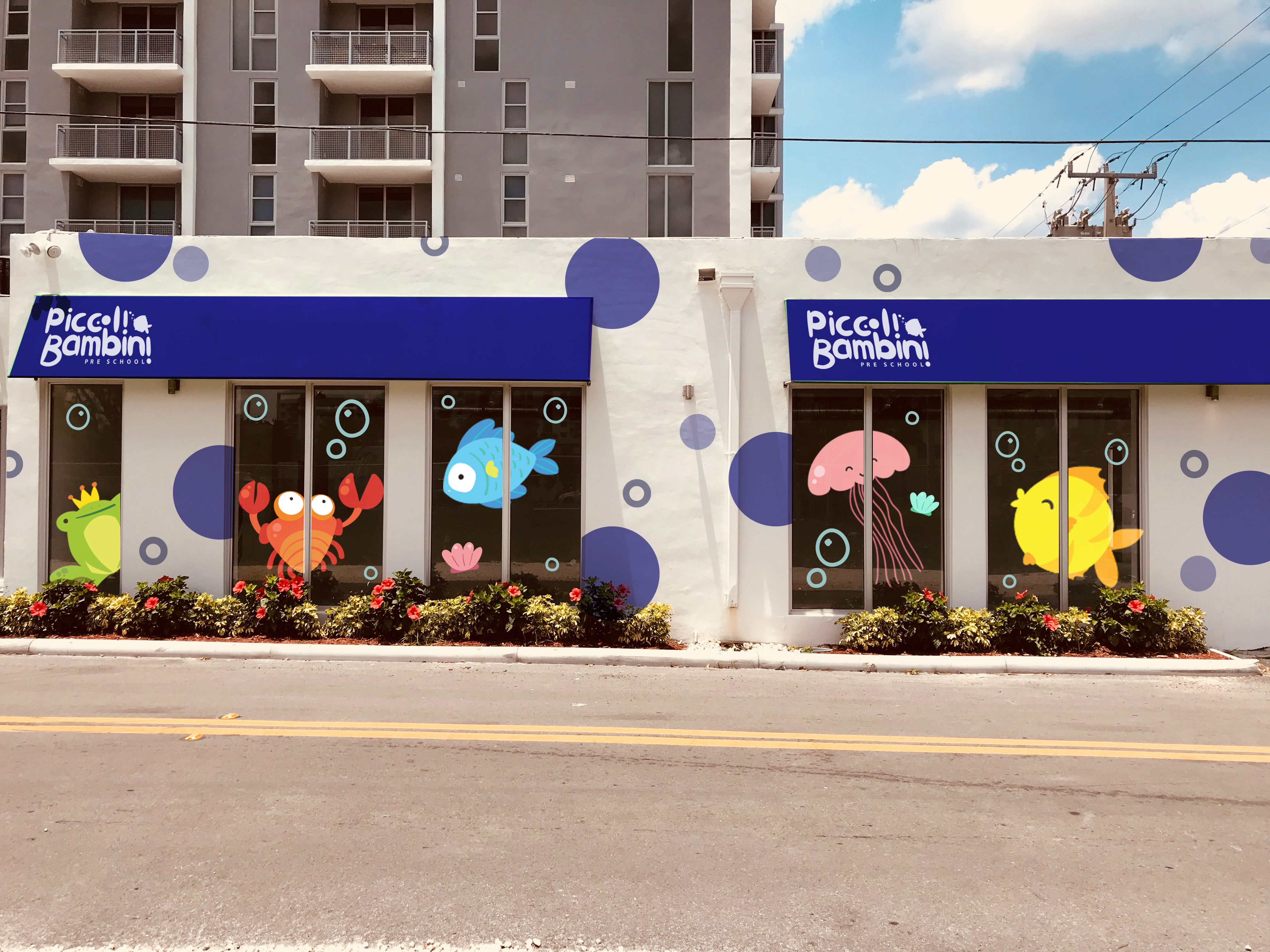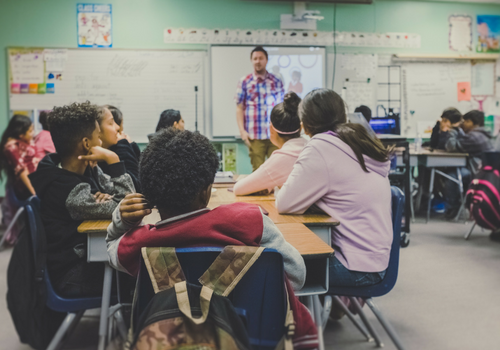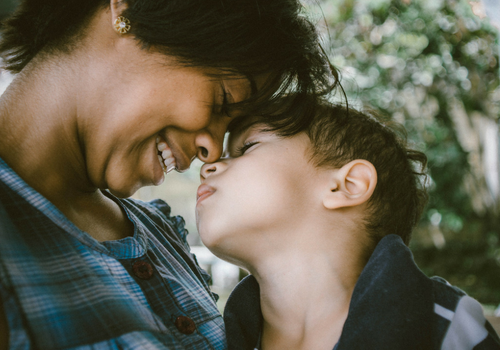The Reggio Emilia Approach is an educational philosophy focused on preschool and primary education. It was developed in the mid 20th century by Italian psychologist Loris Malaguzzi, who was a teacher himself, and the parents of the villages around Reggio Emilia in Italy after World War II. After such a great and destructive event, people believed that children were in need of a new way of learning: the assumption was that people form their own personality during early years of development and, moreover, that children are endowed with a hundred of languages. The aim of this approach is teaching how to make them useful in everyday life. The program fosters exploration and discovery and is based on the principles of respect, responsibility, and community through exploration and discovery in a supportive and enriching environment based on the interests of the children through a self-guided curriculum.
Learning by Doing at a Reggio Inspired Setting
Since children learn with their feet, using their hands, and communicating their ideas in a number of ways, the Reggio Emilia Approach encourages students to communicate their ideas by making artwork out of natural materials found in the earth. Visual and tactile stimulation motivates deep engagement in students with their surroundings, making for a rich and rewarding education. Much of Reggio Emilia learning style is done outdoors in nature. Outdoor spaces are nature based environments set up to act as another classroom that inspires children to explore and investigate.
The Environment as the Third Teacher
A Reggio Emilia inspired classroom is full of what it’s called learning “provocations.” A child might see a bouquet of flowers next to an intentionally placed set of watercolor paints and a blank piece of paper. A small sign might read “What do you see?” encouraging the children to make a painting. These visually stimulating invitations are meant to create engaged students. Provocations prompt exploration; exploration stimulates the brain; and stimulated brains evolve into inspired learners.
The Role of a Reggio Emilia Teacher
A Reggio Emilia teacher plays four roles 1) A co-constructor who guides, nurtures and assists in problem solving 2) A researcher who learns and observes 3) A documenter who listens, records and evaluates. A child advocate who takes on an active role in the community, and is a passionate social advocate for issues related to child learning. The Reggio Emilia Approach asks that teachers pay close attention to the unique interests and development of each child, evolving a course of investigation tailored to their personal interests and curiosities.
Observation and Documentation as a Critical Component of Communication
Reggio Emilia Teachers conscientiously document each child’s educational progression. When it comes to identifying specific strengths and challenge areas, this becomes an enormously necessary process. It is done through creative media such as video and photography, as well as conversation transcripts and learning stories.
Culture of Collaboration & Interaction
The Reggio Emilia system’s very design invites children to collaborate in cooperation with one another and with the support of their teachers. Learning is rarely done in isolation, and the classroom environment is always alive and connected. As part of the curriculum, children are involved in activities that promote social skills, healthy interactions, interpersonal skills which further supports their academic learning.
Want to learn more? Come visit Piccoli Bambini Preschool, located at 2800 NE 2nd AVE. Miami, FL 33137 and experience the Reggio Emilia Approach to Education with us. We offer tours of the program, Monday to Friday from 9:00 a.m. to 2:00 p.m. Please contact our office before visiting, so we can schedule your private tour. For more information, call at 305.934.6515 or email us at frontdesk@piccolibambini.com
Did you like this article? Sign up for Macaroni Kid North East Miami and Miami Beach weekly e-newsletter to receive news, events and special offers.
You May Also Like: | ||
 |  |  |


